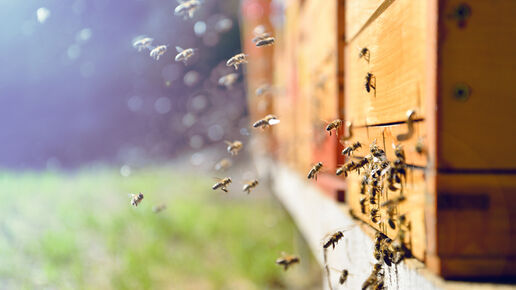
News
Bee health: data partnership a ‘milestone’ in European campaign
The establishment of the EU Bee Partnership could be a milestone in the fight to protect bees, the chair of the European Parliament’s Bee Week said at the conclusion of this year’s event.

News
Pesticide residues: new advice on foods for infants and young children
EFSA has made a number of recommendations to further protect young infants from potential risks posed by pesticide residues in food. The proposals are part of a comprehensive evaluation of the safety...
News
EFSA and Joint Research Centre renew cooperation agreement
On 26 June 2018, Vladimír Šucha, JRC Director General, and Bernhard Url, Executive Director of EFSA, renewed the collaboration agreement between the two institutions - ©European Union, 2018 The...

News
Neonicotinoids: EFSA evaluates emergency uses
EFSA has examined the scientific basis for emergency authorisations of neonicotinoid pesticides which were granted in seven EU Member States in 2017.
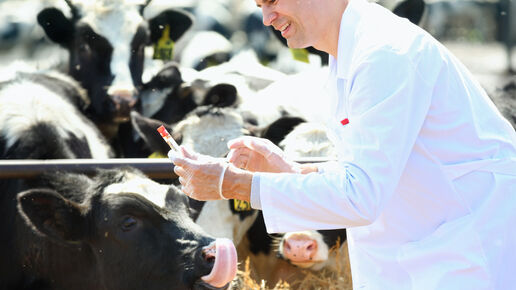
News
Veterinary drug residues: non-compliance remains low
Monitoring data from 2016 for a range of veterinary medicines, unauthorised substances and contaminants found in animals and animal-derived food suggest high rates of compliance.

News
Guidance on identifying endocrine disruptors published
EFSA and the European Chemicals Agency (ECHA) have published their guidance on how to identify substances with endocrine disrupting properties in pesticides and biocides. The European Commission...

News
World Bee Day: EU data partnership set to launch
The EU Bee Partnership is ready to get down to business after all involved stakeholders agreed a framework for action that could revolutionise the collection and sharing of data on bee health in the...
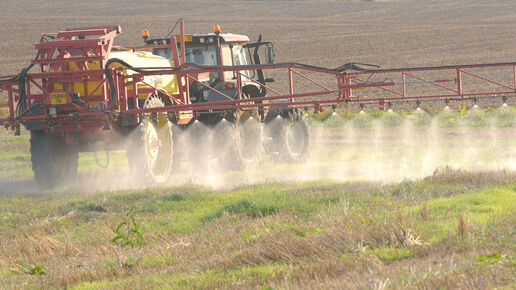
News
Glyphosate: safety of residue levels reviewed
EFSA has completed its review of the maximum levels of glyphosate that are legally permitted to be present in food. The review is based on data on glyphosate residues in food submitted to EFSA by all...

News
Opium alkaloids in poppy seeds: assessment updated
EFSA has updated its risk assessment of opium alkaloids in poppy seeds, confirming many of its previous findings, including the amount of these substances that can be consumed safely. The latest...

News
Experts named for EFSA scientific panels
EFSA has selected over 170 top scientific experts to take up the baton of the Authority’s scientific panels in July. These experts play a leading role in providing independent scientific advice to...

News
Fipronil: results of follow-up monitoring published
EFSA has published its analysis of food data collected following the widespread detection of fipronil residues in eggs last summer. Member States submitted to EFSA the results of more than 5,000...

News
New fungus detected in EU salamanders
An emerging pathogenic fungus, Batrachochytrium salamandrivorans (Bsal), has been detected in different species of salamanders across the EU, both kept as pets and in the wild.

News
Major step forward on food consumption data
EFSA has published a new release of its Comprehensive European Food Consumption Database, which for the first time includes data collected under EFSA’s EU Menu project. The updated database consists...
News
Environmental risk: urgent need for harmonisation
There is an urgent need for harmonisation of environmental risk assessment in different scientific fields. That was the overall conclusion from a symposium on risk assessment and risk management...

News
Pesticides: pilot assessments on cumulative risk near to completion
EFSA is close to completing two landmark assessments of the risks posed to consumers by multiple pesticides. The pilot assessments – looking at the cumulative effects of exposure to pesticides in food...

News
EFSA assesses safety of green tea catechins
EFSA has assessed the safety of green tea catechins from dietary sources, following concerns regarding their possible harmful effects on the liver. EFSA concluded that catechins from green tea...

News
Emerging food safety issues: what do consumers want to know?
EFSA asked Europeans for their views on emerging risks in the food chain, and how they would like to be informed about them. We surveyed just over 6,200 consumers in 25 EU Member States, asking them...

News
Frozen corn likely source of ongoing Listeria monocytogenes outbreak
Frozen corn is the likely source of an outbreak of Listeria monocytogenes which has affected five EU Member States (Austria, Denmark, Finland, Sweden, and the United Kingdom) since 2015. This is the...
News
EU agencies unite against harassment of women
More than 40 EU agencies are marking International Women’s Day by publishing a joint declaration against harassment in the workplace. The statement, initiated by the European Institute for Gender...

News
Neonicotinoids: risks to bees confirmed
Most uses of neonicotinoid pesticides represent a risk to wild bees and honeybees, according to assessments published today by EFSA. The Authority has updated its risk assessments of three...

Data visualization
Antimicrobial resistance in Europe - 2016
Resistance of Salmonella and E. coli in food, animals and humans. Explore 2016 data country by country.

News
Antimicrobial resistance in zoonotic bacteria still high in humans, animals and food, say ECDC and EFSA
Bacteria from humans and animals continue to show resistance to antimicrobials according to a new report published today by the European Food Safety Authority (EFSA) and the European Centre for...

News
Lumpy skin disease: vaccination leads to fall in outbreaks
Outbreaks of lumpy skin disease (LSD) in the Balkan region fell dramatically by 95% from 7,483 in 2016 to 385 in 2017. The figures confirm that vaccination of cattle – recommended by EFSA in 2016 – is...
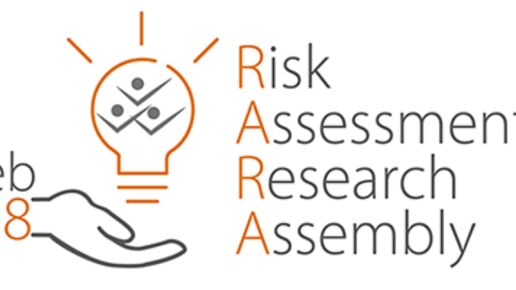
News
EFSA’s Advisory Forum calls for more public investment in food safety research
National food safety authorities from all 28 EU Member States, Iceland and Norway have called for more public investment in food safety research and given a commitment to support European research...

News
Listeria infections increase in vulnerable groups
Listeria cases have increased among two groups of the population: people over 75 and women aged 25-44 (believed to be mainly pregnancy-related). This is one of the main conclusions of an EFSA...
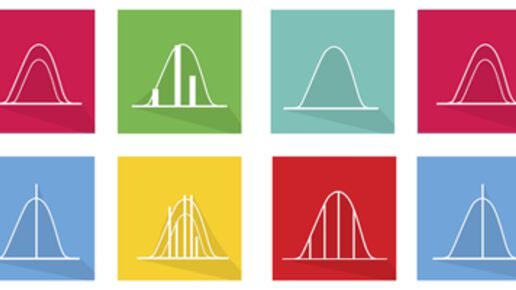
News
New uncertainty approach to make advice ‘more transparent and robust’
EFSA has developed a harmonised approach to assessing and taking account of uncertainties in food safety, and animal and plant health. This approach will boost the transparency of the resulting...

News
EFSA confirms health concerns for hydroxyanthracene derivatives in food
Some substances belonging to a group of plant ingredients known as hydroxyanthracene derivatives can damage DNA and may cause cancer, said EFSA after assessing their safety when added to food. This...

News
Citrus black spot: new evidence reviewed
EFSA’s plant health experts have reviewed a study that suggests the pathogen which causes citrus black spot disease (CBS) is present in Europe. Phyllosticta citricarpa is listed as a quarantine plant...

News
Chronic wasting disease: update on detection methods and occurrence
Diagnostic methods used in Norway detected chronic wasting disease (CWD) in reindeer, moose and red deer in 2016 and 2017, say EFSA experts. Until now, little was known about the efficacy of available...

News
Update on Salmonella Agona outbreak
The withdrawal and/or recall of infant formula produced by a single French processing company will significantly reduce the risk of more infants being infected by Salmonella Agona, say EFSA and ECDC...

News
Revised safe intake for 3-MCPD in vegetable oils and food
EFSA’s experts have used an updated scientific approach to reassess the possible long-term adverse effects of the food processing contaminant 3-MCPD on the kidney and male fertility. Consumption...

News
Protocol published for sodium DRVs
EFSA has finalised the protocol it will use to establish dietary reference values (DRVs) for sodium. The protocol, which is available on EFSA’s Knowledge Junction platform , was completed following a...

News
Update on how EFSA evaluates genotoxicity
EFSA has published an update of how it evaluates the potential genotoxicity of substances in food and feed assessments. The Chair of EFSA’s Scientific Committee, Prof Anthony Hardy, said: “This...




